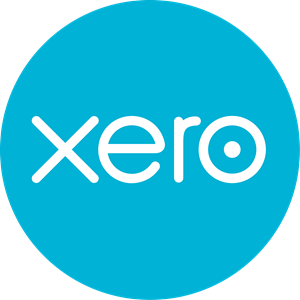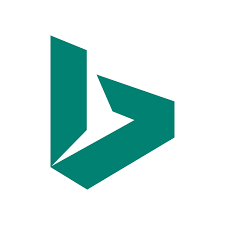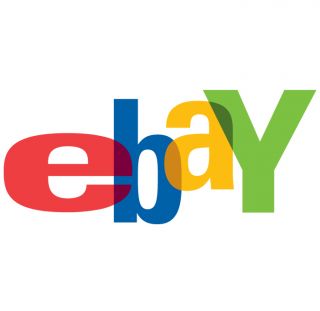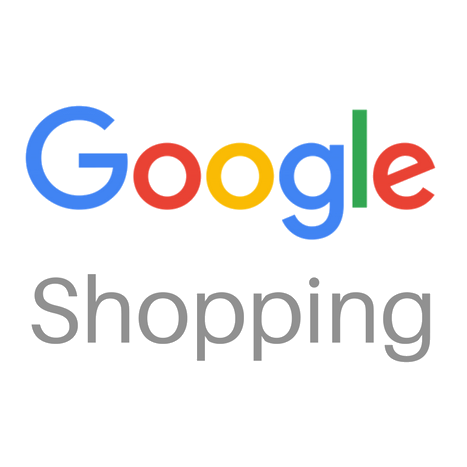How We Quickly Validated An Idea And Sold Millions Of Product
Hello! Who are you and what business did you start?
Hello there, my name is Jack Bramhall and I am the co-founder of Mugpods - Nespresso compatible pods.
Mugpods began back in September 2015 to bring the World’s First hot chocolate pods and coffee range for use in Nespresso machines to the UK market.
Initially starting with $6500 capital, we sold out in a matter of weeks following launch, fast forward to today we now average around $21,000 USD per month in revenue with millions of pods sold.

What's your backstory and how did you come up with the idea?
Throughout my teenage years I had a few small ecommerce businesses and loved the idea of being an entrepreneur.
I am a self-taught web designer, and have quite a lot of experience with digital marketing and search engine...






































